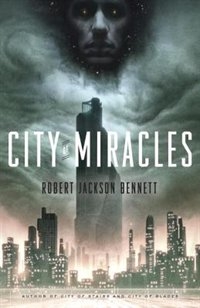Control by Andy Diggle
 Monday, May 8, 2017 at 10:24AM
Monday, May 8, 2017 at 10:24AM 
Published by Dynamite Entertainment on March 28, 2017
Control is a graphic novel with a modern noir feel. The artists are Angela Cruickshank and Andrea Mutti.
Control feels like the storyboards from an episode of a television cop show. It combines action with a mystery, develops typical police characters who squabble with each other, and touches on the kind of themes that are familiar to cop show fans, including a vast conspiracy to control wealth and power.
Kate Burnham of Metro PD stars in Control. Her partner dies in the early pages as he and Kate are investigating a murder, so of course she wants to find his killer. She soon encounters a senator and a sex scandal. Naturally enough, her bosses order her to leave the senator out of her investigation. Naturally enough, her bosses also order her not to talk to anyone in the media. And naturally enough, Kate ignores those orders and does what needs to be done, because that’s how cop shows work.
The senator has been pushing a privacy bill, and the reader will quickly understand that his political efforts have something to do with the murder mystery. So Control gives us political intrigue, media intrigue, bickering-police-detectives intrigue, and other conventions that will be easily recognizable to cop show audiences.
The story takes Kate into some bad neighborhoods where she meets good and bad people. As one would expect from a cop show, the bad ones try to kill her and the good ones reluctantly do the right thing. Eventually she stumbles onto a plot that’s just a little over-the-top, but that’s also something viewers expect from cop shows. Cop shows like to have cops investigating crimes and conspiracies of powerful people that rarely happen because it would be too politically risky to focus on the crimes and conspiracies of powerful people that happen all the time.
Of course, Control is a graphic novel, not a cop show. The art is pleasant but uninspired. The story is almost all told in words rather than art, which is a waste of the graphic novel format. Given the limited amount of text and dialog that can be squeezed into a graphic novel, art needs to pick up the slack, conveying nuance that a reader would get from the extra words in a novel or story or from the expressions/gestures/backgrounds in a teleplay or film script. The art doesn’t do enough in Control to supplement a story that never transcends the ordinary.
Control isn’t badly done, but it doesnt do enough that's fresh or new. Familiarity, in this case, breeds indifference.
RECOMMENDED WITH RESERVATIONS


